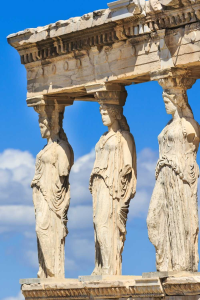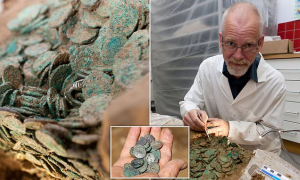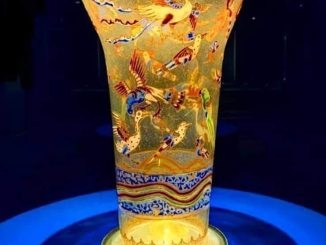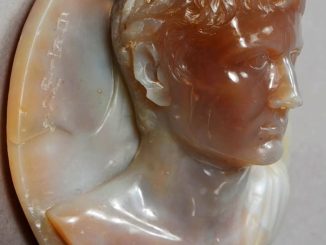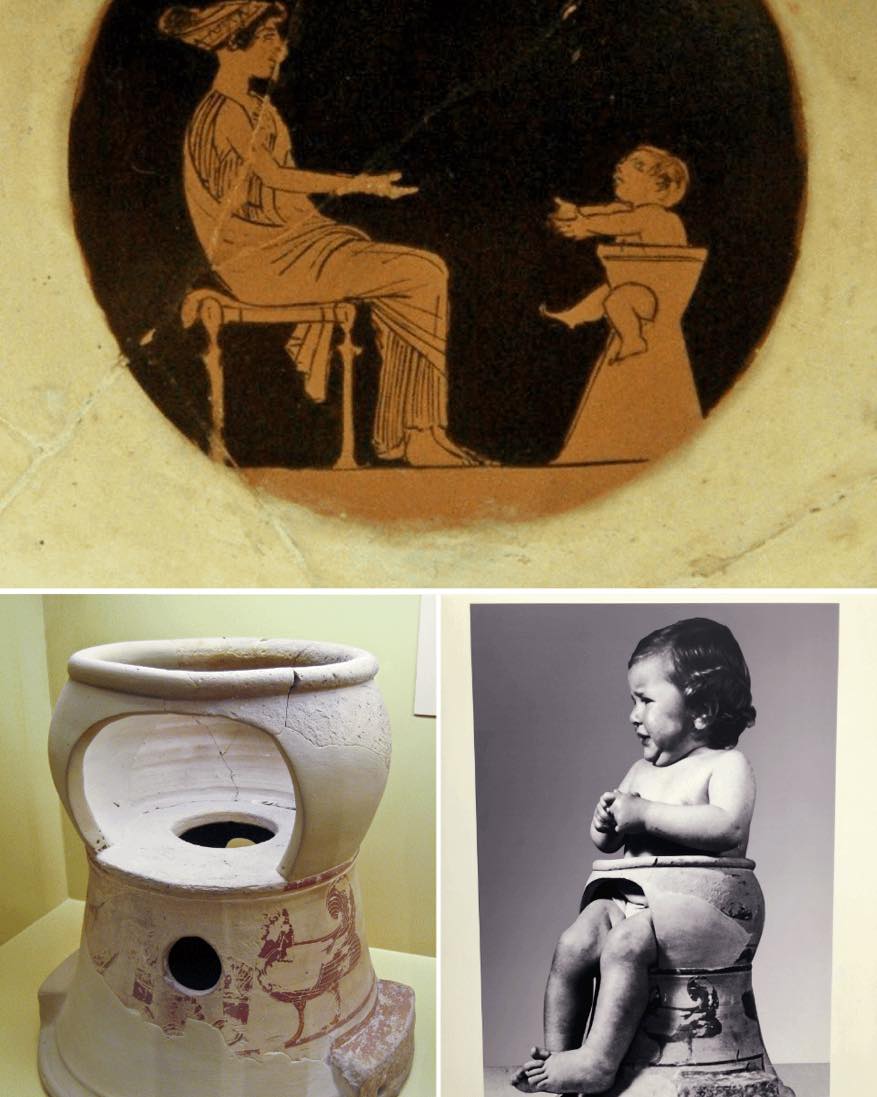
Ancient Greek artifacts provide fascinating insights into the daily lives and customs of the people who inhabited the region thousands of years ago. Among these artifacts are depictions of everyday activities, such as a kylix depicting a baby sitting in his pottychair and calling to his mother. This particular kylix, dating back to around 480 BCE, is housed in the Royal Museums of Art and History in Brussels, offering a glimpse into the childcare practices of ancient Greece. Additionally, a 6th-century BCE potty discovered in the Athenian Agora, now exhibited in the Agora Museum in Athens, further enriches our understanding of ancient Greek domestic life.
Insights from Ancient Artifacts
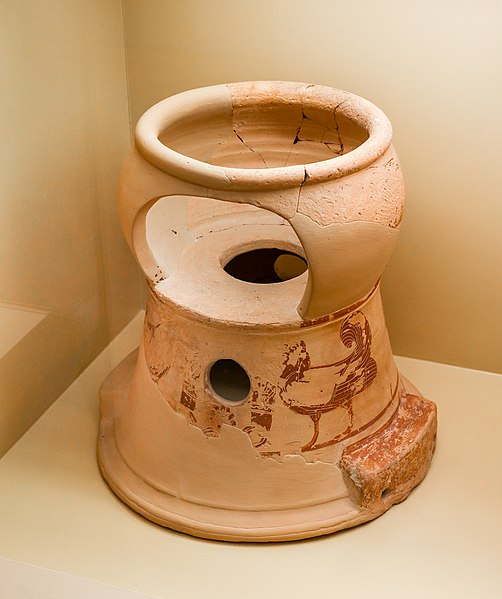
The ancient Greek kylix portraying a baby in his pottychair provides valuable insights into childcare practices and familial dynamics in ancient Greece. The depiction of the baby calling out to his mother suggests a nurturing and attentive parental environment, reflecting the importance placed on the care and upbringing of children in Greek society. Furthermore, the craftsmanship and attention to detail in the kylix highlight the artistic prowess of ancient Greek artisans, who were skilled in capturing everyday scenes with remarkable realism and sensitivity.
Unveiling Ancient Domestic Life
The discovery of a 6th-century BCE potty in the Athenian Agora offers a tangible connection to the daily rituals and routines of ancient Greek households. Used for toilet training young children, the potty provides evidence of early childhood care and hygiene practices in ancient Greece. Its presence in the Agora Museum underscores the significance of everyday objects in reconstructing the social fabric of ancient societies, shedding light on the intimate aspects of domestic life that are often overlooked in historical narratives.
Conclusion: Bridging Past and Present
The ancient Greek artifacts depicting childcare and domestic life serve as windows into a bygone era, offering modern-day observers a glimpse into the intricacies of daily existence in ancient Greece. Through these artifacts, we gain a deeper appreciation for the customs, values, and familial bonds that shaped ancient Greek society. As we marvel at the artistic and cultural achievements of the past, we are reminded of the enduring relevance of history in informing our understanding of human nature and the world around us.
Archaeological Insights: Preserving Cultural Heritage
The preservation of artifacts such as the ancient Greek kylix and potty underscores the importance of archaeology in safeguarding our cultural heritage. Archaeologists work tirelessly to excavate, study, and preserve ancient artifacts, ensuring that they continue to enrich our understanding of the past for generations to come. By supporting archaeological research and conservation efforts, we can help protect and celebrate the diverse tapestry of human history, ensuring that ancient civilizations and their legacies remain accessible to future generations.


